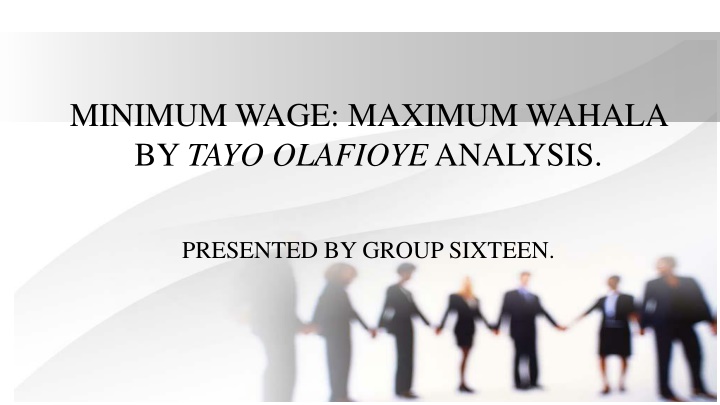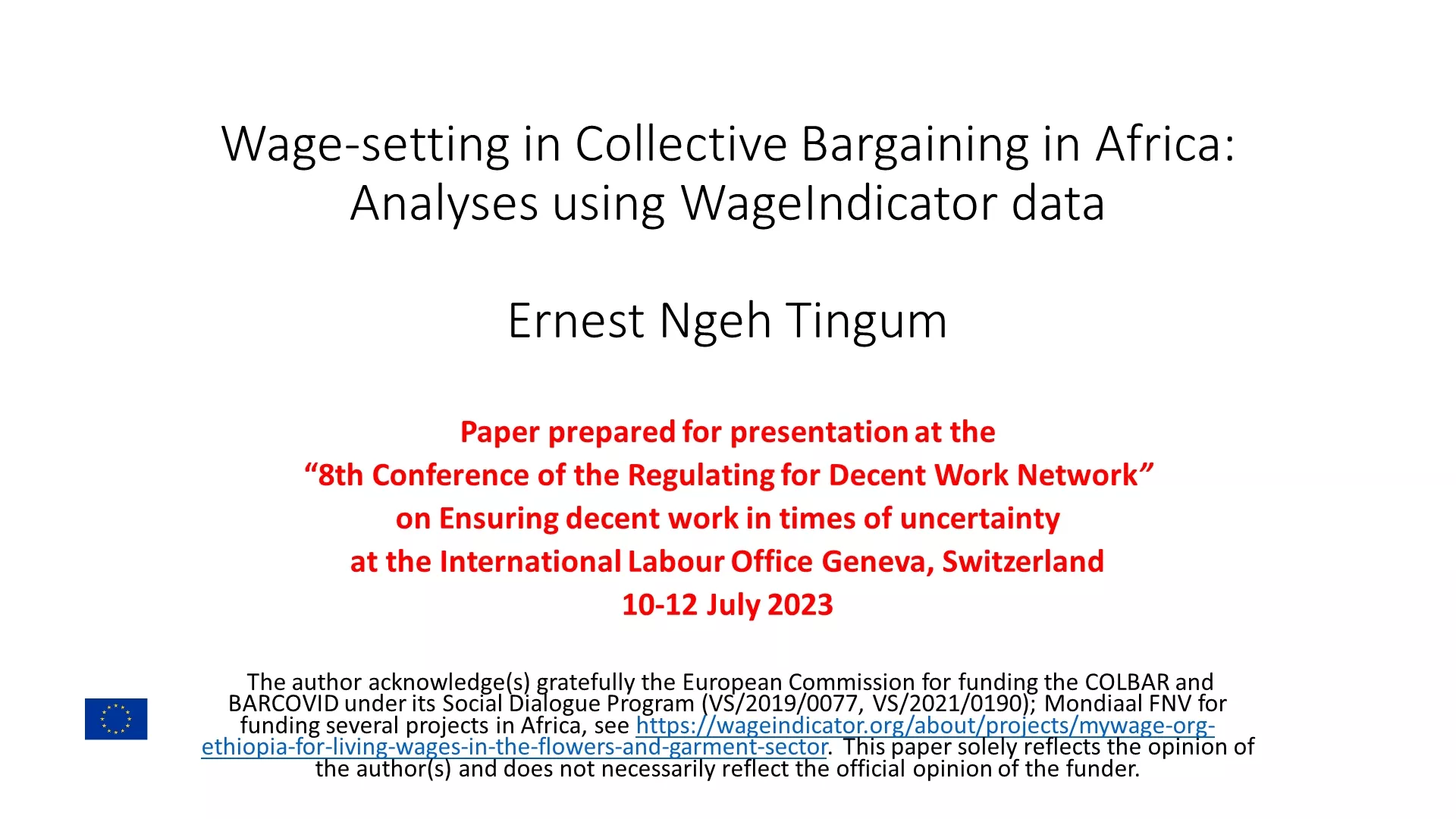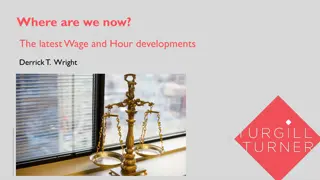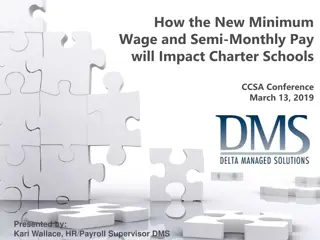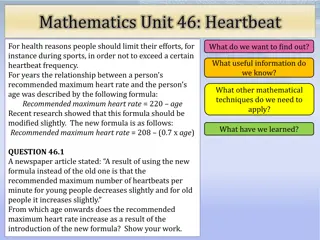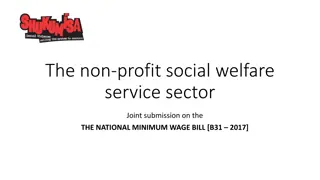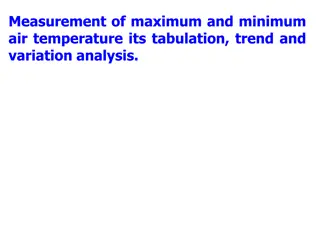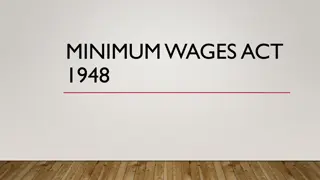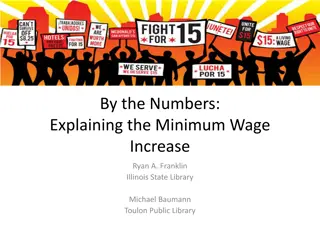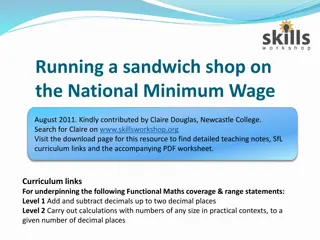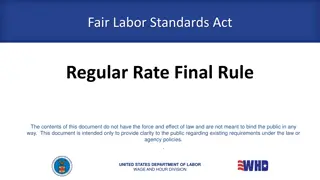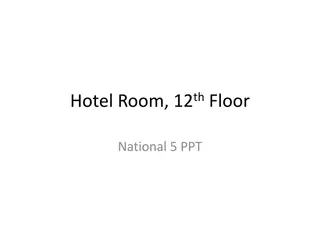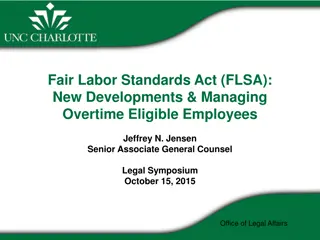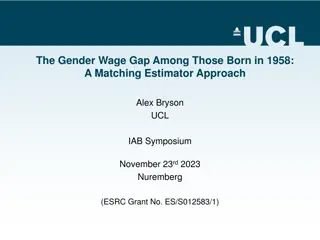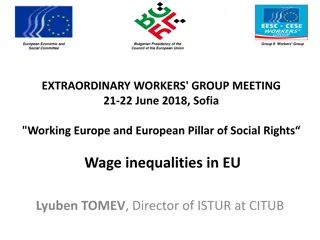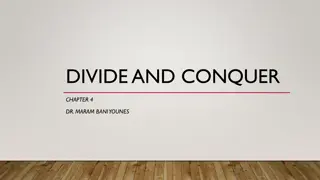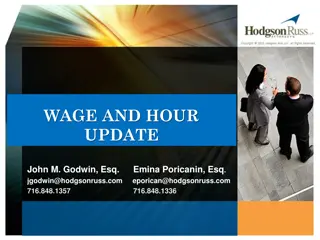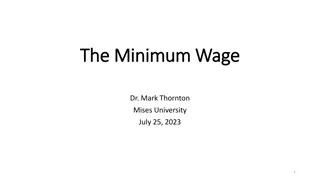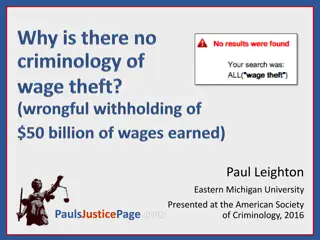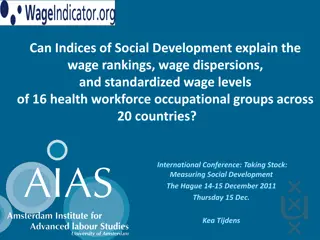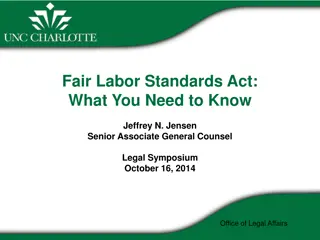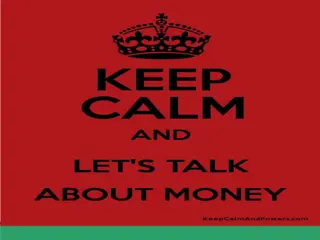Analysis of "Minimum Wage: Maximum Wahala" Poem by Tayo Olafioye
Tayo Olafioye's poem "Minimum Wage: Maximum Wahala" scrutinizes the plight of Nigerian workers affected by a meager minimum wage imposed by the government. The poet vividly portrays the struggles faced by the laborers, likening politicians to pythons preying on the populace for personal gain. Through powerful imagery, Olafioye sheds light on the corruption and betrayal embedded in the political system, showcasing the harsh reality faced by the masses.
Download Presentation

Please find below an Image/Link to download the presentation.
The content on the website is provided AS IS for your information and personal use only. It may not be sold, licensed, or shared on other websites without obtaining consent from the author.If you encounter any issues during the download, it is possible that the publisher has removed the file from their server.
You are allowed to download the files provided on this website for personal or commercial use, subject to the condition that they are used lawfully. All files are the property of their respective owners.
The content on the website is provided AS IS for your information and personal use only. It may not be sold, licensed, or shared on other websites without obtaining consent from the author.
E N D
Presentation Transcript
MINIMUM WAGE: MAXIMUM WAHALA BY TAYO OLAFIOYEANALYSIS. PRESENTED BY GROUP SIXTEEN.
TABLE OF CONTENT Background of poet Background of poem Analysis of the poem Themes Poetic devices
BACKGROUND OF POET Tayo Olafioye was born in 1948. He was a poet, novelist and scholar, active in Nigeria and the United States. He published over twenty books in the span of four decades and won several prizes for his works. His publications includes: The Excellence of Silence, The Saga of Sego (1982), two works of literary criticism: Responses to Creativity (1988) and the critic as Terrorist: View on New African Writings (1989). His most recent collections are entitled: A Carnival of Looters (2002) and The Parliament of Idiots (2002), of which Minimum Wage: Maximum Wahala is under.
BACKGROUND OF POEM ''Minimun Wage: Maximum Wahala is written as a reaction by the decision of the Federal Government of Nigeria to declare N7000 as the official minimum wage of Nigerian workers. At first this seemed as a serious benefit to the workers turned to a major disadvantage as the cost of living became increasingly expensive and objections to the change of the minimum wage were rejected.
ANALYSIS OF THE POEM The poet expresses the continuous anguish of the masses that he refers to as Songhai labourers (line 1), particularly caused by the refusal of the elected politicians to pay the N7000 minimum wage: Reined in by those they chose To lift them. No greater enemy Than the one, in one s household The python with which one sleeps At night on the same bed (line 6-10)
ANALYSIS OF THE POEM CONT'D The poet compares politicians to pythons who devours its prey (the masses) to satisfy their hunger or in this case greed. The very leaders that were chosen to direct the masses are the ones pushing them into poverty. The: 7000 naira wages, slashed to the bone Before the cock crows (line 12-14).
ANALYSIS OF THE POEM CONT'D Since the senators are mostly former governors, the poet labels them as law making bandits because they steal what should be evenly distributed as he puts in the line below: Bales of # * notes Carried by midnight owls Made pregnant the garments they wear (line 21-23) So, the poet refers to the senators as owl because they steal public funds and hide them in their garment which has today taken another dimension as such money are hidden in unthinkable places like a septic tank, untraceable accounts abroad and water storage tank .
ANALYSIS OF THE POEM Tayo Olafioye cautions the masses to be careful of those they put into power that: The virus that decimates a plant Lives amidst its leaves (lines 41 -42). Nigeria is an independent nation, hence the times where inadequacies on the part of the government were blamed on the colonial government are gone.
ANALYSIS OF POEM CONT'D The general effects of the heinous actions of politicians on the masses whom he calls mekunnus and the poor whom he calls talakawas such as poverty, famine, hopelessness and eating what Tayo Olafioye calls unhappiness instead of dinner are expressed in the lines below: Strikes today, famine tomorrow The mekunnus are dying Talakawas eye the moon for delivery (line 29-31)
THEMES The insufficiency of the Nigerian minimum wage. Uneven distribution of wealth and power in the society. Insensitivity of Nigerian leaders.
POETIC DEVICES Symbolism Songhai labourers (line 1) which symbolizes the entire working class in Nigeria, crypt of misery meaning poverty, python , midnight owl , law making bandits and virus referring to politicians, black gold referring to public funds majorly gotten from the sale of crude oil, mekunnus and talakawas meaning the common citizens, the moon meaning religious entities.
POETIC DEVICES 2.Enjambment (or Run-on-line): This is a continuation of thought and structure of a poetic sentence from one line to the next without a pause. This is seen in: Songhai labourers: Will never climb Out of the crypt of misery Dank all lifelong (line 1-4)
POETIC DEVICES 3.Irony: Songhai labourers They are cursed Reined in by those they chose To lift them (line 1 5-7) It is truly ironic that those who the labourers chose to lift them are reining them into a crypt of misery as seen in the lines above.
